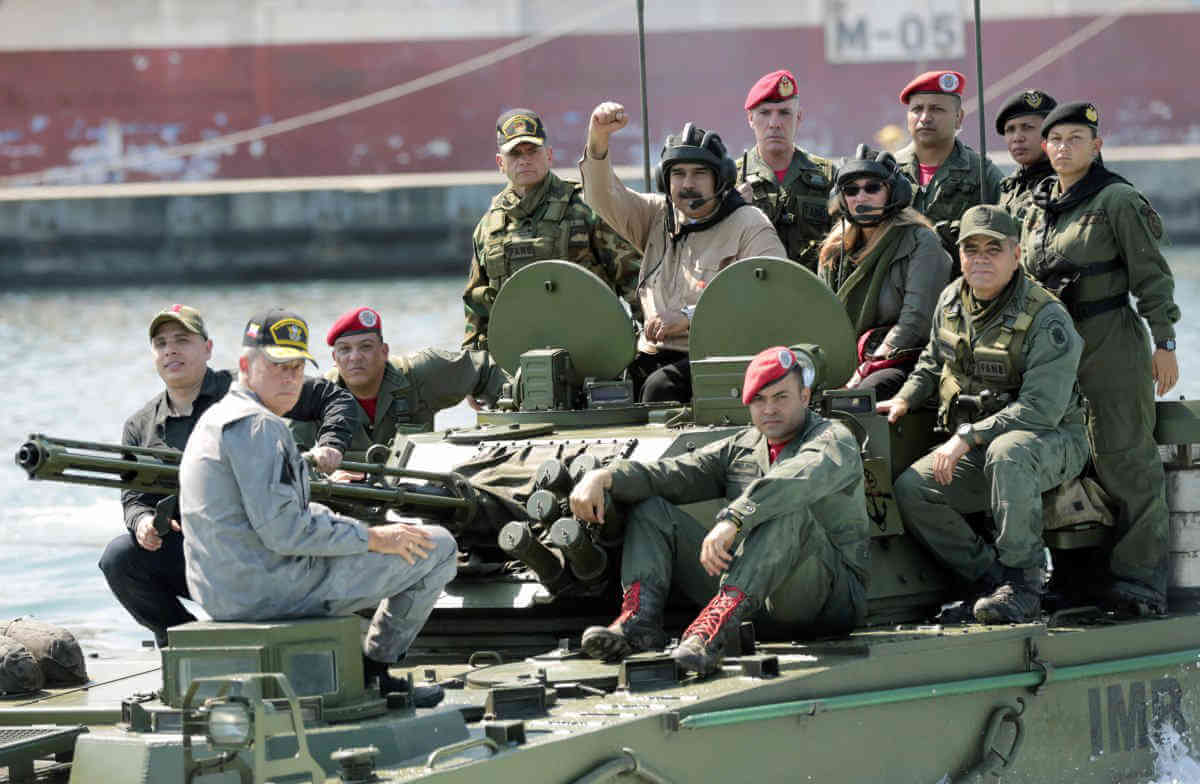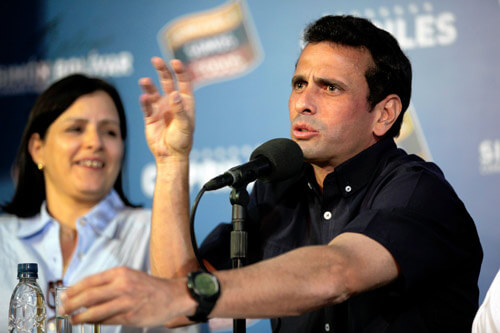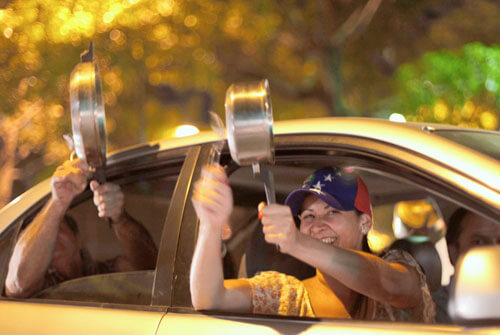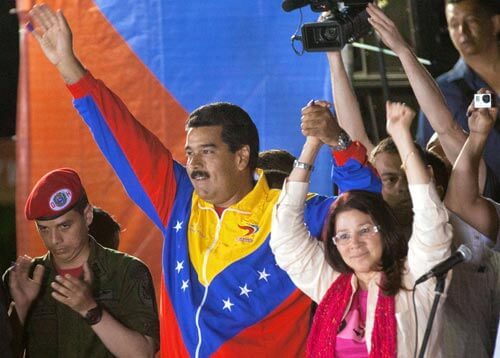With the Venezuelan crisis worsening on its doorsteps, a small grouping of Caribbean Community leaders headed to the United States this week offering the services of the region as neutral mediator but nations like Trinidad and Guyana, which border Venezuela are not holding their breath for an immediate solution but are taking steps to limit the negative fallout from the South American nation’s deteriorating situation.
For example, fears that various Venezuelan criminal groups are becoming even more desperate manifested itself on Tuesday when heavily armed members of the suspected Venezuelan Sindicato Gang abducted a Trinidadian fishing crew off the country’s southwestern coast and demanded $200,000 in ransom payment. The attack on the vessel with five fishermen came a week after two cousins were also nabbed and a ransom of $40,000 was demanded but not paid. Relatives of this week’s attack have until Friday to cough up the money or the men will be dismembered police said. The crew has been taken to Venezuela.
Anticipating similar attacks as the crisis deepens, Trinidad’s Minister of Security, Brian Stuart Young summoned the heads of security agencies in Trinidad at mid week and updated them about plans to strengthen security along the coast and other areas that are being breached by arriving Venezuelans. Officials put the number of Venezuelans living in Trinidad at 40,000 and rising as dozens attempt to land in the twin-island republic with Tobago each week. Stuart Young says officials have identified 214 easy access points between the two countries and are moving to shore up security.
Immediately, authorities will spend $100,000 to fix and relaunch 14 interceptor vessels back in service for coastal patrols both to stem the tide of arriving refugees and to protect fishermen given the increasing number of attacks in recent weeks. Efforts are also being made to repair fixed and rotor wing military aircraft to deal with the crisis.
In Guyana, meanwhile, Brentnol Ashley, the chairman of the northwestern Barima-Waini Administration region bordering Venezuela, complained this week about withering pressure the region is under as it tries to cope with close to 4,000 Venezuelans who have crossed over into several small native Amerindian communities in the past year. He even warned about large scale criminal attacks on some parts of the Guyanese services as he asked for stepped up security by authorities.
“There continues to be shortage of drugs and medical supplies as a result of the increased number of Venezuelans seeking medical and other attention. We have heard that there is a plan to hijack the ferry and this resulted in the ferry having to be escorted into here a few weeks ago because there were reports that the Sindicatos were planning an attack. Government and residents must recognize that because of Venezuela’s grave economic challenges, they are evidently desperate,” he said.
All this comes as a delegation of regional leaders, led by CARICOM Chairman and Kittian Prime Minister, Timothy Harris, approached United Nations Secretary General Antonio Guterres in New York this week, offering the region as a mediator in the crisis-presumably between Venezuela and the US and other nations which have backed moves by Washington to oust President Nicolas regime and his generals from power. Other team members included prime ministers Keith Rowley of Trinidad, Mia Mottley of Barbados, Grenada’s Minister of Foreign Affairs, Peter David and CARICOM’s Secretary General, Irwin LaRocque.
During a meeting with diplomats in Caracas this week, Maduro welcomed offers from CARICOM — from Trinidad and Tobago or wherever”—to diffuse tensions.
“As I said to the Caribbean prime ministers today. They were in New York. They met with the UN Secretary General, Antonio Gutteres. I spoke with all of them at length during the afternoon. I spoke with Evo Morales of Bolivia. We are also establishing contact with governments who offered to mediate dialogue and I told them I am ready once again in Venezuela or in Trinidad and Tobago or wherever to begin a round of conversations, dialogue, negotiations, with all of the Venezuelan opposition when and where they want them,” local media quoted him as saying.
The team also headed to Washington for talks with top officials and Congressional leaders. Rowley called the situation as “existential threat to regional stability” noting “the need for meaningful dialogue between all parties and reaffirmed a commitment to working through CARICOM and with all external partners within and outside of the region. Trinidad is committed to the common objective of improving the conditions of the Venezuelan people whilst ensuring the preservation of the region as a Zone of Peace.”



























